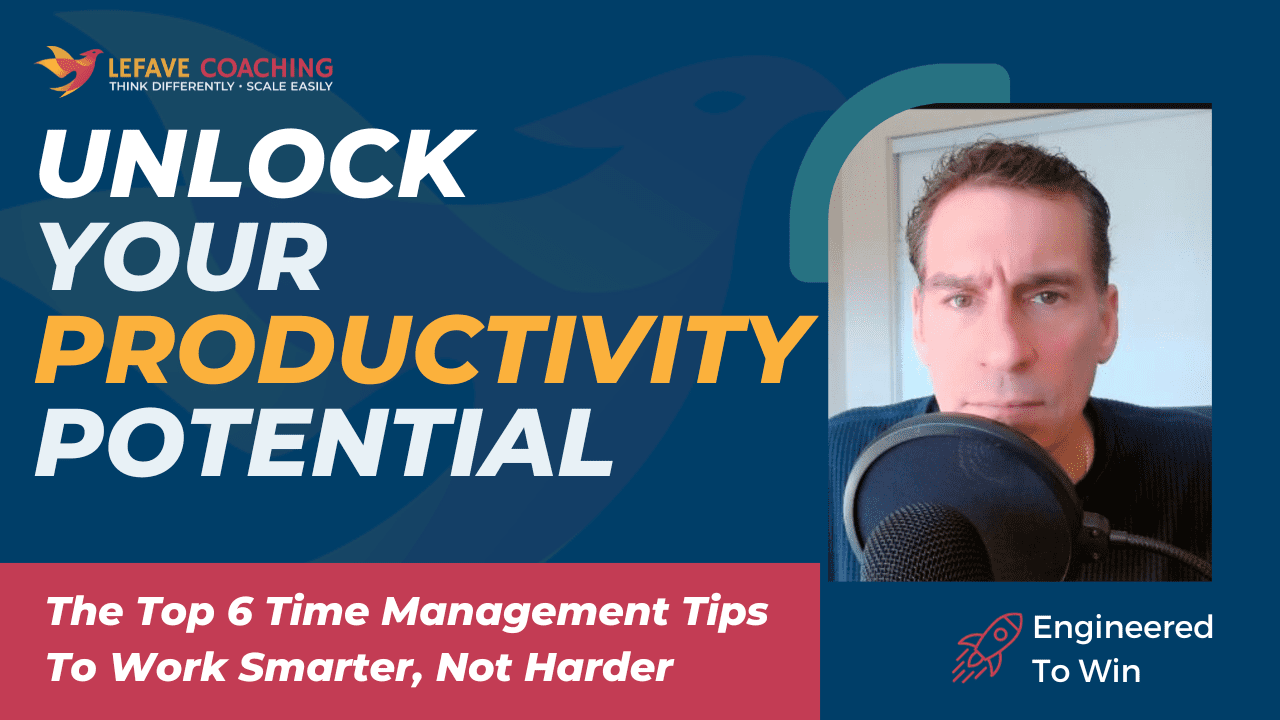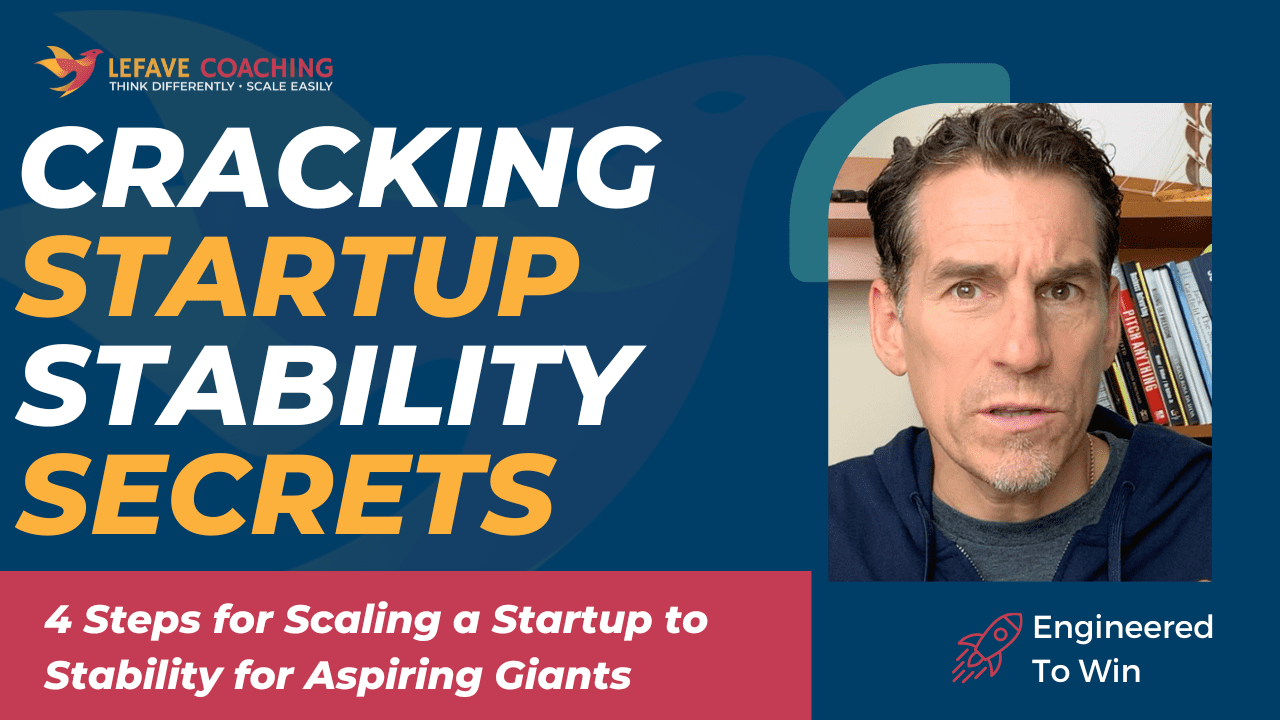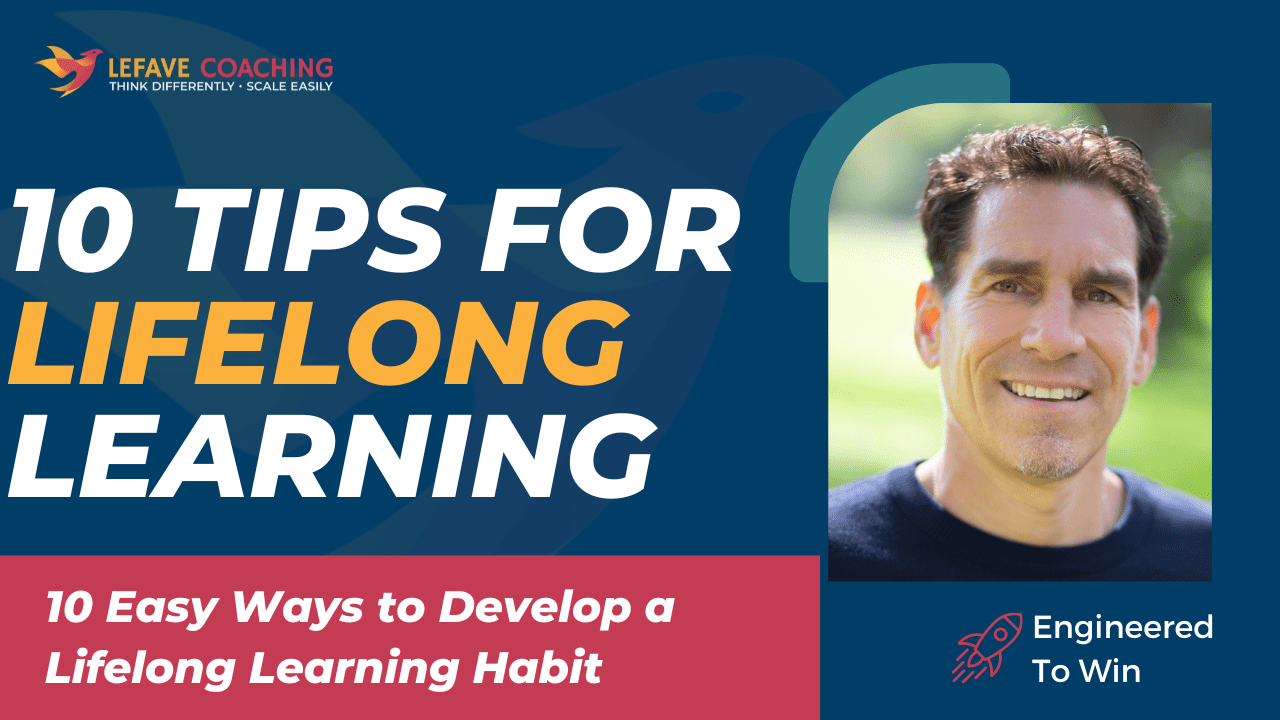What if I told you that you could succeed with small habits?
After trying and failing so many times to create the new, more positive habits you crave, is it any wonder that by now you’re probably a little gun-shy about the process? But the truth is, most attempts at forming new habits fail, simply because you’ve tried to bite off more than you can chew.
Using small habits instead, you approach your life in a new way, by taking charge in tiny bite-size chunks. Meaning that not only is change possible but so is the ability to become that person you always knew you could be.
How do you create a small habit successfully?
1. Don’t try to change the world overnight. Start with just one new habit and then go from there.
2. Make a commitment. Not every habit is created equal, and some take longer to embed in your mind than others. But, one thing is true. The longer you perform the same activity day after day, the more success you will have in creating that habit. Decide right now that you’re going to give this new habit at least 3 – 4 weeks to give it a proper start.
3. Link the habit to something that already works. If you have a successful habit already in place, ask yourself what small thing you can attach to that habit. For example, you might already be brushing your teeth every day. How hard would it be to add flossing to that routine?
4. Keep it small. Knowing that most habit formation fails because you’re trying to do too much too soon, then make a point to keep the changes very small. Mini-habits have a much higher rate of success than trying to create a great big change.
5. Have a disaster plan in place. Knowing that things are going to go wrong from the start helps you to be ready when they do. Can’t jog today because it’s raining? That’s ok, you’ve got an entirely different workout in place as a Plan B.
6. Grab a friend. The only way to keep on track, especially when building habits, is to use your network. Have an accountability partner or use social media to keep you honest.
7. Reward yourself. Celebrate every little milestone with a reward, something that makes sense and will encourage you to keep going when you’re flagging.
8. Redefine yourself. Accept that this is the new you. The habits you are building are going to change who you are – hopefully for the better. Embrace the new identity.
“Life shrinks or expands in proportion to your courage.”
– Dan LeFave
By following these steps, you not only will succeed when applying small habits to your life but over time you’ll see some amazing growth and development as a person. That’s pretty exciting, especially when you consider how little you had to do to get there.
Why Implement New Habits?
There is a psychological principle called selective attention which is an idea that says that whatever you focus on expands. You can only focus on one thing at a time. But your brain is always looking for the things that excite it. Your brain looks for things that matter to it.
For example, if you're driving on the road you probably notice other people who drive the same car as you or cars you like. Your brain is focused on what's relevant. But you can train your brain to focus on what you want by having clear goals. You can grow 10 times faster by writing about your goals, by being public about them and then by actively focusing on people who are where you want to be.
That's one of the key principles of high performance – knowing where you want to be and regularly looking at that and then making that a part of your identity.
Your identity is who you are and how you see yourself which has a lot to do with your view of your future.
“What you focus on expands, and when you focus on the goodness in your life, you create more of it.”
– Oprah Winfrey
Research shows that you can train your brain to focus on whatever it is you want to see. One way to know what you're focusing on is to notice what you see. What are the things that pop up in your news feed? What are the things you pay attention to? What you see the most has a lot to do with how you've trained your brain.
Your mind is like a garden, and you plant seeds in it all the time. Those seeds either grow fruit or weeds but you want to cultivate that garden which is something you do through meditation, journaling, and prayer. You also expand your focus by planting the specific types of seeds you want.
Selective attention proves that whatever you focus on expands and you can train that focus through journaling, repetition and speaking your wants out loud. That's the first key of focus.
What is it you actually want to focus on? What is it you want to drive your brain towards? What are the outcomes you want to accomplish? Who is your future self?
Next Steps
- Get the 9 Success Habits of Millionaires
Attention Conscious Goal Setters
- Get the New 10X Results Accelerator



